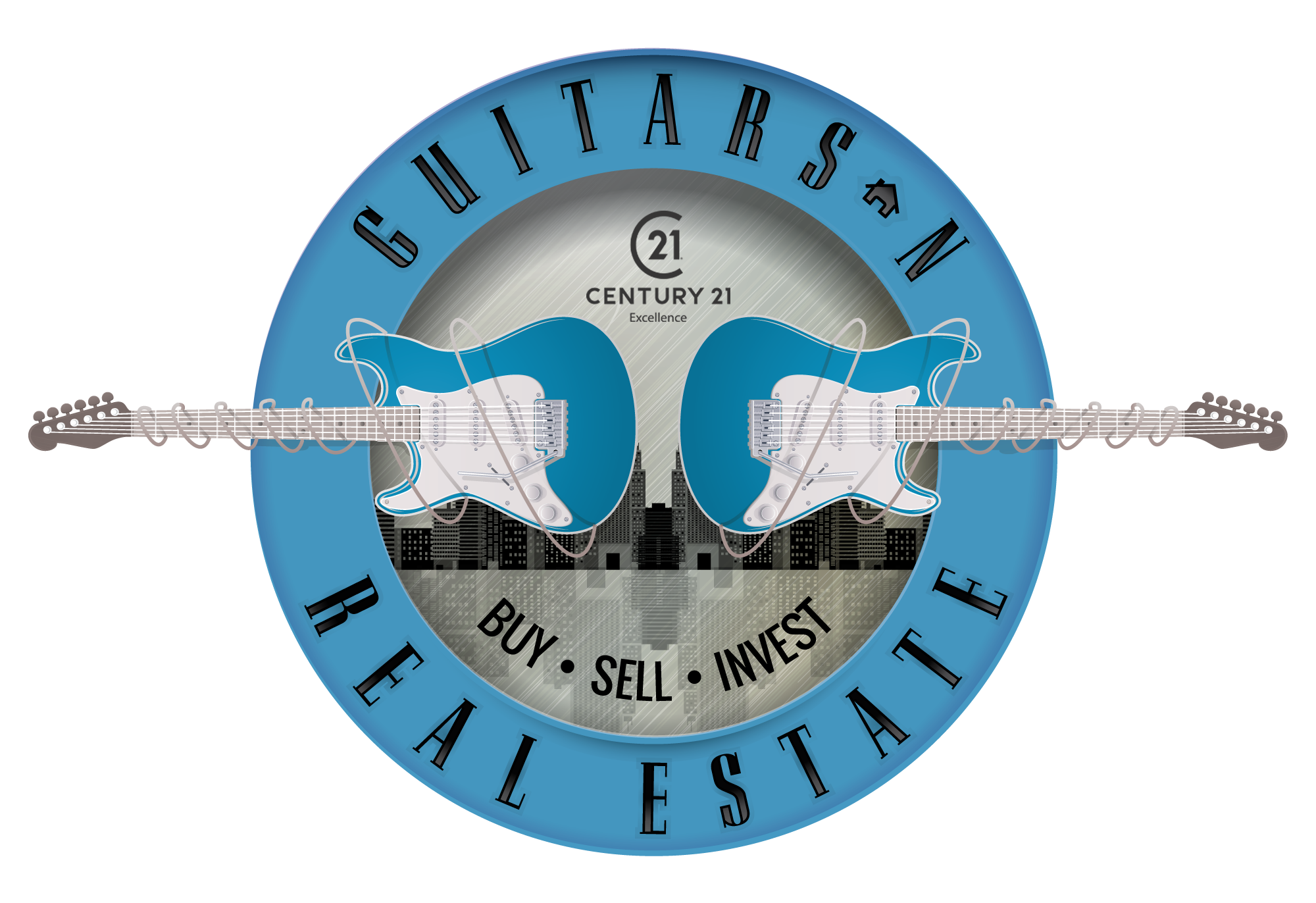The average life expectancy in the country of Chad is a mere 55 years, while in the United States and Hong Kong it is 79 and 85 years, respectively. Does this mean that people born in Chad are genetically inferior? Of course not. Environmental, social and lifestyle factors play the biggest roles in determining the number of years we each get to enjoy on earth. A similar situation exists with our homes and its components. How well you take care of your home and the climate in which it resides both have a significant impact on its overall lifespan.
So, what should you do to prolong the lifespan of your home? Keep a ‘Home Maintenance Checklist’ handy and review it at least quarterly (ideally this should be done monthly). There are hundreds of these checklists available, which can be found by doing a simple ‘home maintenance checklist’ internet search. The more love and attention you give to your home, the more you’ll receive in return.
So, what are the typical lifespans of major home components?
- Roof: 20 to 30 years, depending on material, although slate, copper, clay or concrete roofs have an expected life span of more than 50 years.
- Flooring: Carpets 8-10 years, linoleum 25, vinyl up to 50; wood, marble, slate and granite 100+ years.
- Decks: 20 years
- Electric, Gas, or Oil furnace: 15, 18, or 20 years, respectively
- Central AC: 15 years
- Electric or Gas range: 13 and 15 years, respectively
- Refrigerator: 13 years
- Dryer: 13 years
- Freezer: 11 years
- Washing machine: 10 years
- Dishwasher: 9 years
Home ownership comes with hefty costs for ongoing repairs, maintenance and replacement of components. These costs are often overlooked by new homebuyers who focus only on the mortgage, taxes, insurance and utility costs. Be sure to estimate these costs when evaluating home ownership and begin saving for them if you haven’t already. Determining an appropriate reserve i.e. how much to save can be a bit tricky but a financial planner or real estate agent should be willing and able to assist you with this process.



